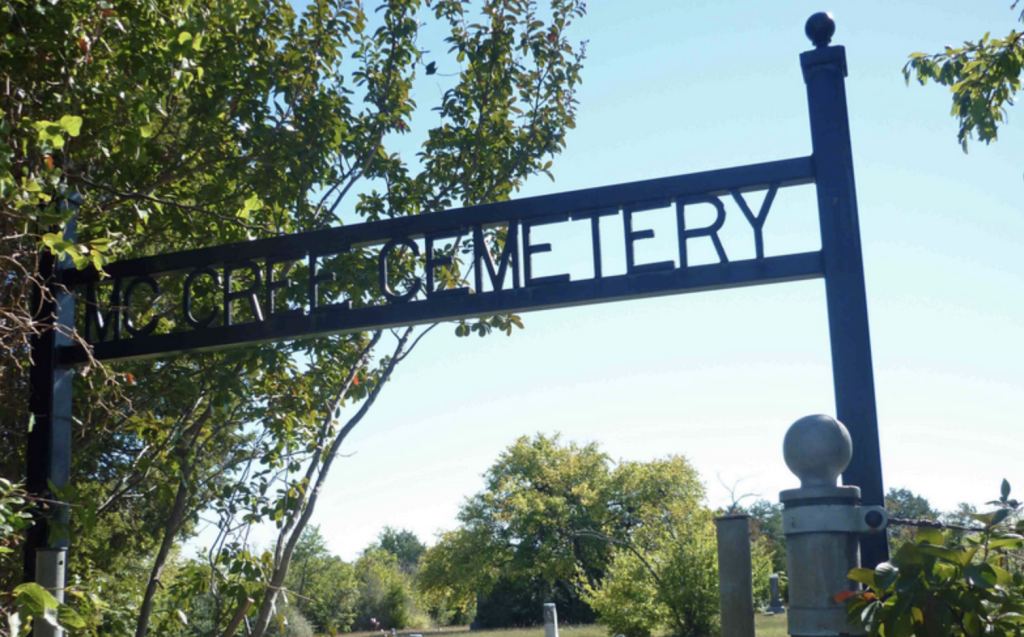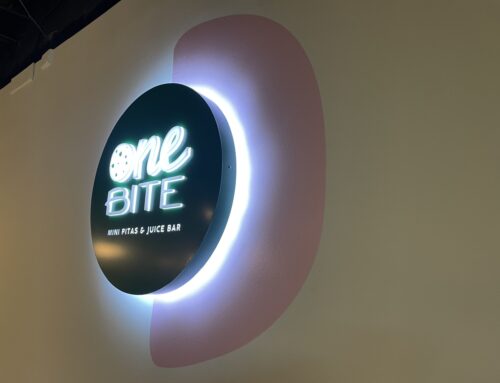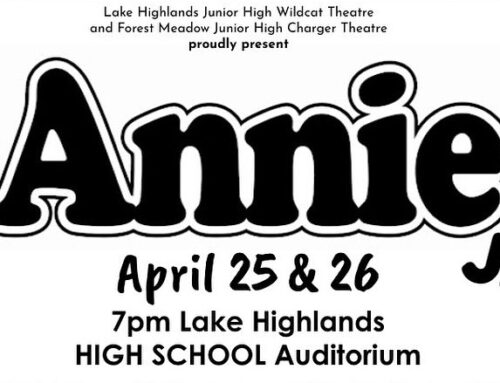If you haven’t deduced from all the porch pumpkins and gourds or spiced-latte adverts, it’s October, the month of Halloween, after which the whole holiday season barrels in, like it or not.
By the time all hallows eve arrives, maybe we find ourselves in the mood to slow things down, perhaps wind back the clock, absorb and discuss something other than the bloodbath that is Squid Game but without altogether forgoing spooky death stuff.
To that end, Preservation Dallas, Oct. 30, hosts a tour of Dallas cemeteries that includes Lake Highlands’ own McCree Cemetery.
Nestled between an apartment complex and a neighborhood of single-family homes — unnerving and intriguing generations of neighborhood children — lies a 3-acre swath of land that serves as a final resting place for early farmers and settlers to northeast Dallas.
Separated into two sections by a fence, white bodies RIP on one side, the remains of Black men, women and children on the other.
A freed slave named Bonner rests on the Black side — he is known to have purchased little pieces of land as he could afford them, and he became a millionaire after Medical City Hospital compensated him for certain parcels. (Hence, Bonner Park, north of Central). Local historian, the late Frances James, told Advocate years ago that it was Bonner’s onetime owner, Mahulda Bonner McCree, who donated the land in 1866 that became the public McCree graveyard. The two are, of course, buried on opposite sides of the fence.
Also, City of Dallas Municipal Archives recently acquired James’ cemetery files, City archivist John Slate tells us.
Here’s the catch: Register now.
The tour includes a symposium at Hillcrest Mausoleum featuring a discussion highlighting cemetery history and evolution moderated by Slate and a panel that includes cemetery restorer Deborah (also known as “Dr. Graveyard”) Franklin.
After that the tour of resting places hits seven Dallas cemeteries including Freedman’s Memorial Cemetery, Greenwood, Oak Cliff Cemetery, Oakland Cemetery, Temple Emanu-el and Western Heights.
Tickets are $30 for Preservation Dallas members and $40 for the public.
As one of Preservation Dallas’ first in-person tours since the onset of the pandemic, it’s kind of a big deal. Here, details and registration.






